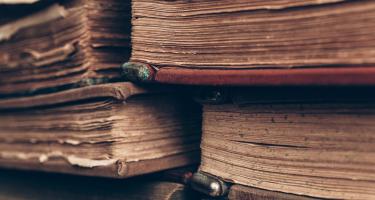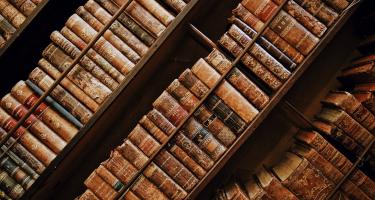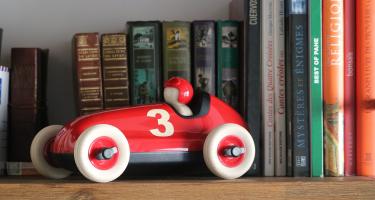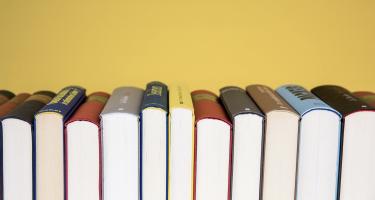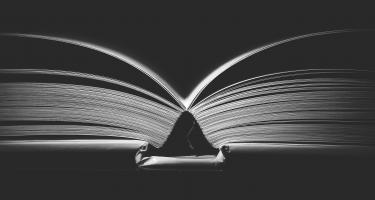
Carl Zimmer—A Planet of Viruses, Third Edition
Nearly 4.6 million people worldwide have died to date from Covid-19, 640,000 of them in the US alone. Other viruses, notably smallpox, the first virus to be nearly eradicated, are even more lethal. Scientists estimate a trillion viruses may exist on earth, many capable of producing new human diseases. “There will be more Covids,” Carl Zimmer warns in A Planet of Viruses, now in its 3rd edition.

